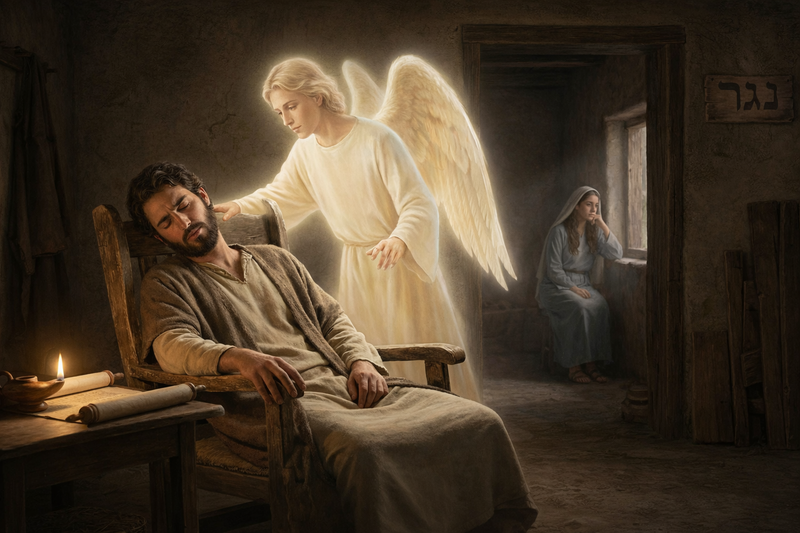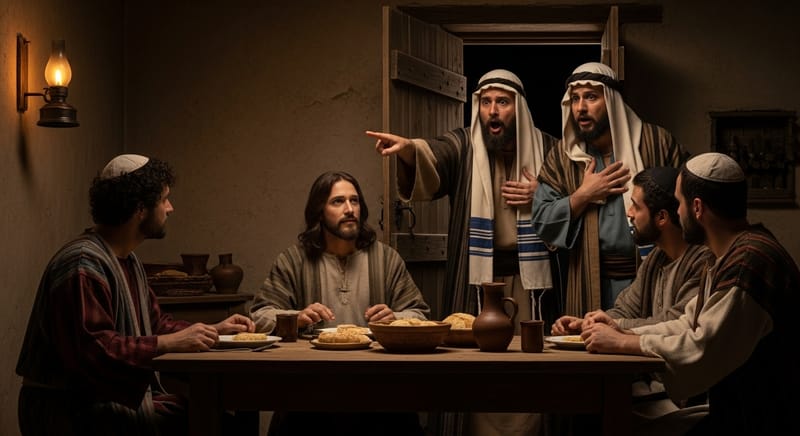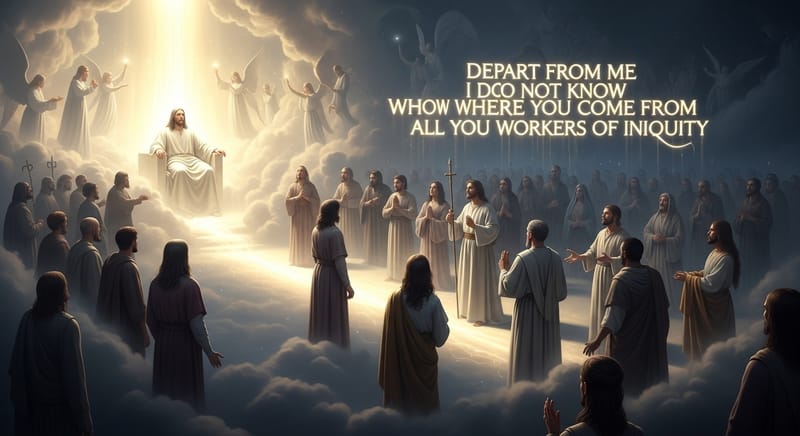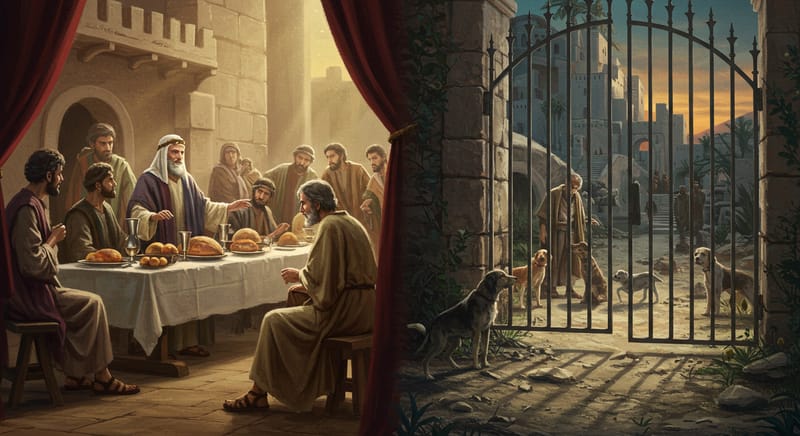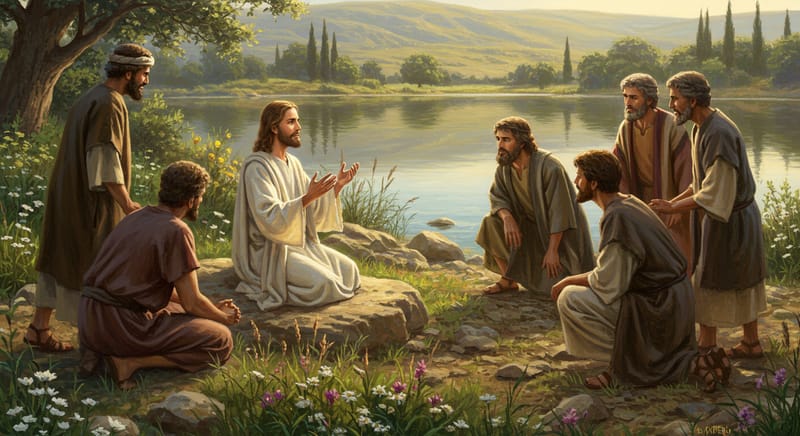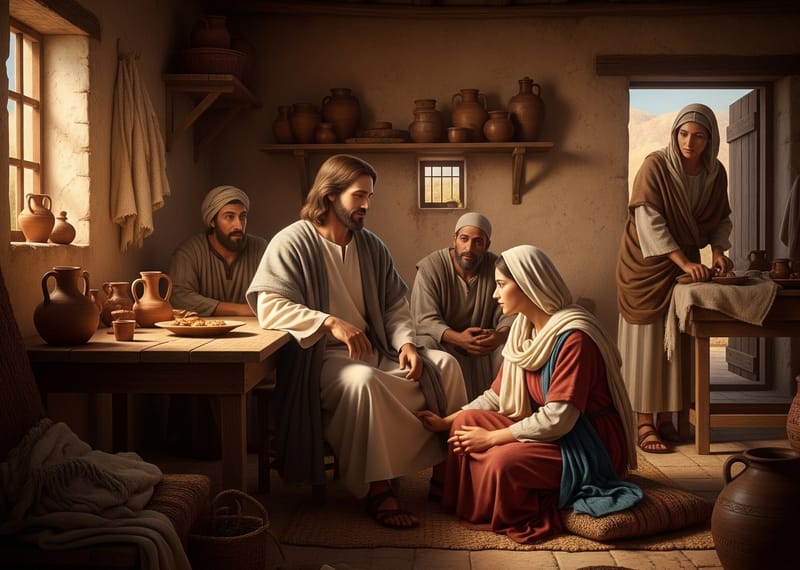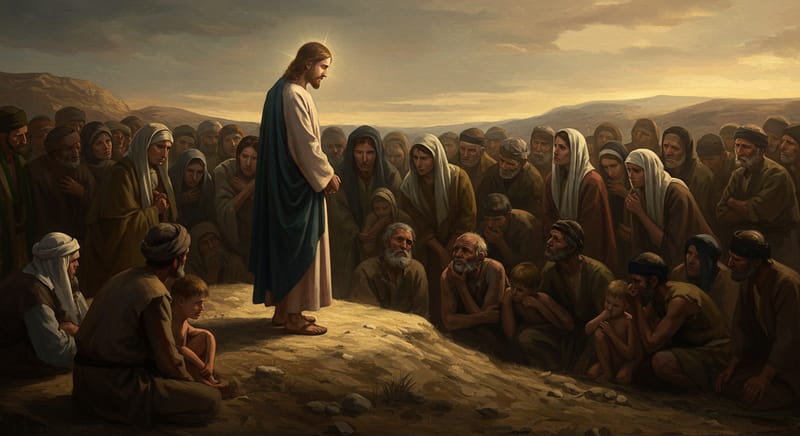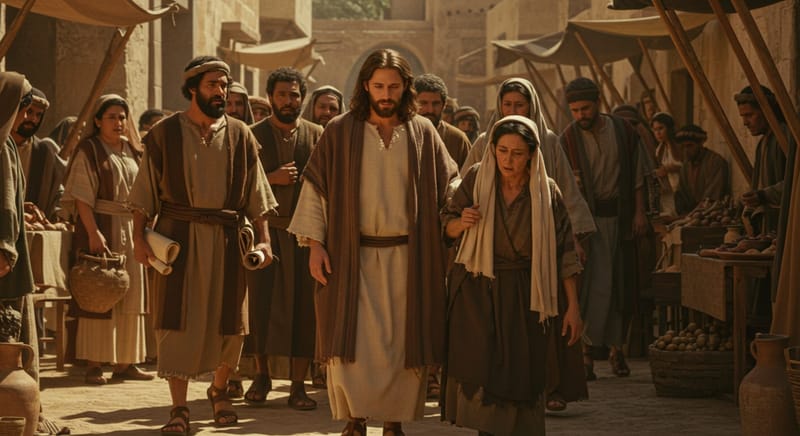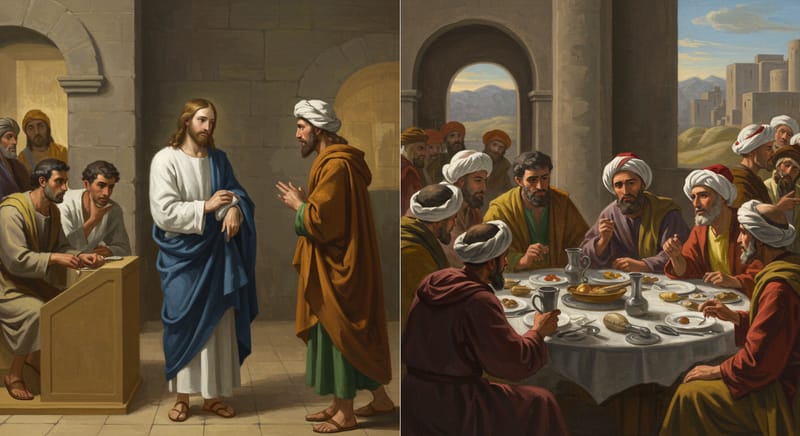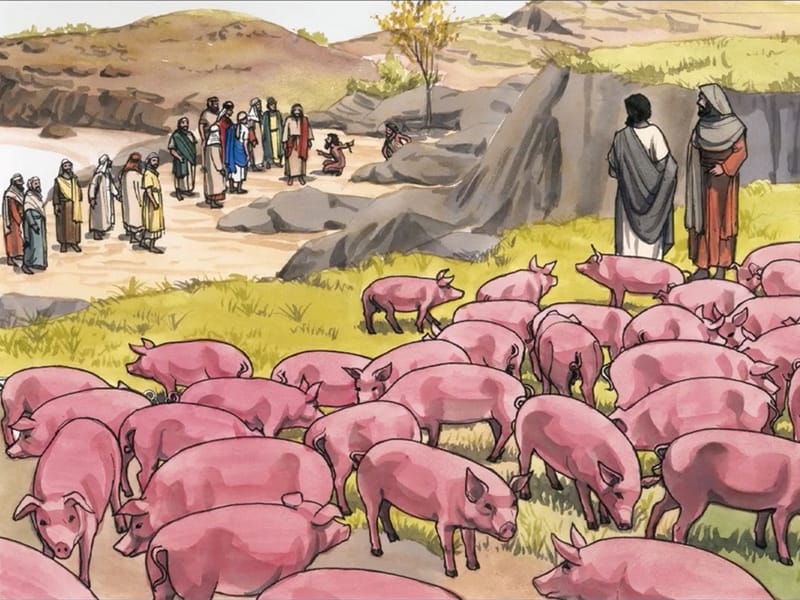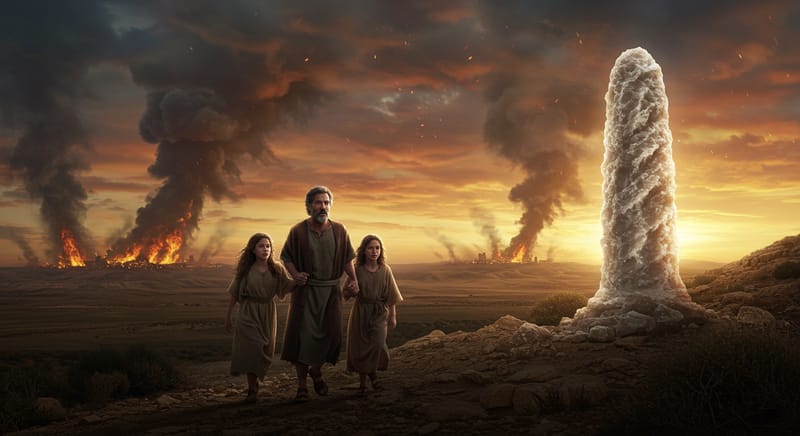DAILY HOMILIES #Abraham
As Abraham’s faith was demonstrated in action, Joseph, through his obedience, showed great faith in God. We cannot claim to have faith when we refuse to obey God’s instructions. Trust goes with obedience. Joseph said nothing to the Angel, but his actions spoke louder than anything he might have said. Some of us are vocal in professing our faith but remain silent when it comes to obeying God’s commands.
Read MoreIf we understand the depth of God’s love for us, we exude a certain confidence; we are no longer afraid of what any human being can do to us because we know we have God on our side. When Jesus was told to run because Herod wanted to kill him, Jesus said: “Go and tell that fox, behold I cast out demons and perform cures today and tomorrow and on the third day, I finish my course…”
Read MoreLet us examine our conscience today. Where do I stand in my relationship with God? Am I merely one of the multitudes? On the Last Day, will I be received into paradise or kicked out? Am I living righteously, or am I sinking deeper into iniquity daily? Am I willing to follow the narrow gate, or do I prioritise comfort, pleasure and power over my salvation? If we sincerely examine our conscience, we cannot help but call on the Holy Spirit while we still have the opportunity. Do not wait like the rich man who waited till he was in hell before begging Abraham to send Lazarus to give him a drop of water.
Read MoreWhat is the cure for covetousness? It is faith in God. Trust God to provide when you are kind to others. Remember that when you give to others, you are not losing anything but storing treasures in heaven. We need strong faith to know that no one ever became poor by giving to the needy. We need faith to recognise that there is a better home for us, more precious than this earthly dwelling.
Read MoreThe sin of the rich man in today’s Gospel passage is not in how he made his money but in his indifference to the poor and suffering. The rich man had enough money to host parties daily and feast sumptuously, but he couldn’t help Lazarus. Lazarus was attracted to his gate in the hope of feeding on the crumbs that fell from the rich man’s table, but sadly, no one gave him anything. One great man once said, “Evil triumphs in the world not because there are bad people but because the good people don’t care.” Indifference is a sin.
Read MorePrayer is not one-way traffic. We ask God because we are His children, and by asking Him, we also declare that we live according to His instructions. Sin destroys our relationship with God. When we pray, we should have complete confidence in God. At the same time, our prayer must affect the kind of life we live. If we beg from God, we must not forget that others are begging from us; others who need our charity; others who need our forgiveness; and others who need us to intercede for them, just as Abraham did for Sodom and Gomorrah.
Read MoreCountless blessings come to us when we are kind to strangers. Many have lost golden opportunities in life simply because they refused to help when they encountered people with genuine needs. Our help, however, must not be forced, pretentious, or come from a bitter heart. The story of Mary and Martha has often been explained in terms of the two types of spirituality (the active versus the contemplative). Still, beyond that, Jesus used this occasion to highlight the dangers of distraction and anxiety. Only one thing is needed: Seek first the Kingdom of God!
Read MoreDear friend, do you constantly complain about others? Or are you a Jacob who knows how best to take advantage of whatever situation may arise? When was the last time you asked for a blessing from your parents or an older person? Jacob did not complain about the time spent wrestling. He looked at the positive side. Jesus also did not say anything to those who criticised Him; instead, He focused on His Call; He attended to the crowds who were like sheep without a shepherd.
Read MoreThe ruler knew his daughter was dead, but firmly believed that Jesus had a solution for death. He invited Jesus to heal his daughter’s condition, much as one would ask an electrician to replace a faulty switch. Faith does not begin with the occurrence of a miracle. Faith makes it happen. Believe that no matter what you face, it is not beyond what God can handle.
Read MoreFrom Jesus’ action in today’s Gospel passage, we learn that there are several methods of bringing people to repentance. With the scribes and Pharisees, Jesus was harsh and direct, but with Matthew and his friends, Jesus employed a different method – He won their hearts by eating and drinking with them. To his critics, Jesus said: “I have not come to call the righteous but sinners.”
Read MoreWhen the villagers saw what had happened, they were not grateful for the healing of the demoniac; instead, they were concerned about their economic loss. They begged Jesus to leave their neighbourhood, fearing there were more demoniacs within the community. They valued material riches more than spiritual wholeness. Like these villagers, we also beg Jesus to leave our spaces (family, work, school, business, etc.) directly and indirectly when we do not pray, do not keep God’s commandments, pursue sensual (indecent) entertainment, or even deny God’s existence.
Read MoreWhen we fear God, we can rest securely knowing that He is the protector of those who place their hope in Him. We need not be afraid of danger when we know that God is with us in the same boat. In today’s Gospel passage, Jesus was highly disappointed with the disciples because they panicked during a storm. “Why are you afraid, you of little faith?” (Matthew 8:26). Whenever you begin to panic or expect the worst outcome in any situation you may find yourself, it is a reminder that you are gradually losing faith in God. To believe in God is to know that your life is in His hands and His plans for you are for your welfare.
Read More